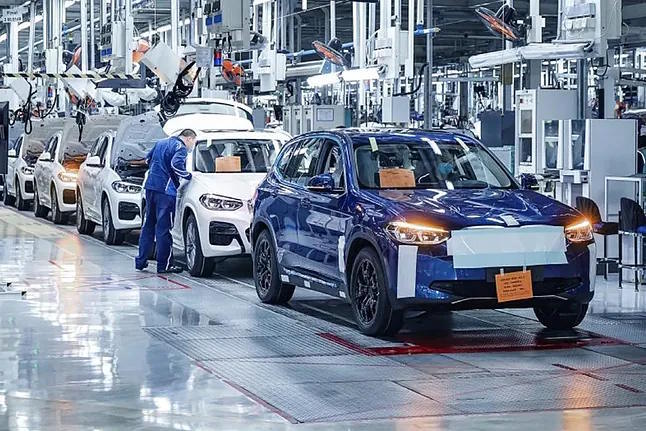Tariffs on electric cars manufactured in China continue to gather opponents. If less than a week ago the three major Chinese manufacturers Geely, BYD, and SAIC filed a complaint against these duties in court, now BMW, Tesla, and Mercedes-Benz have joined them.
The decision should not come as a surprise to anyone. When the EU announced the possibility of imposing these additional tariffs (all cars made in China already paid a 10% tariff), the EU may not have considered the boomerang effect of the measure.
Because for many manufacturers, especially the Germans, China is their largest market in the world and they were exposed to potential repercussions in their sales in that market, a possibility that is not ruled out. And because there are also many Western brands that, either because they are owned by Chinese groups (such as Volvo, owned by Geely), or through agreements with local companies, produce electric vehicles there that are then marketed in Europe.
In the latter case are the Smart cars made by Mercedes and Geely; up to five models from the BMW Group like the iX3 or the Mini Cooper and Aceman; even the modest Dacia Spring from the Renault Group.
Hence, executives, especially from German brands (including VW), have been warning that the tariffs would not only increase vehicle prices but also damage commercial relations with the Asian giant.
Brussels stated a week ago that it was prepared for this legal battle which, according to Reuters, could drag on for up to a year and a half, not counting possible appeals. The tariffs came into effect at the end of last October and will remain in place for five years unless an agreement is reached between the parties before then.
